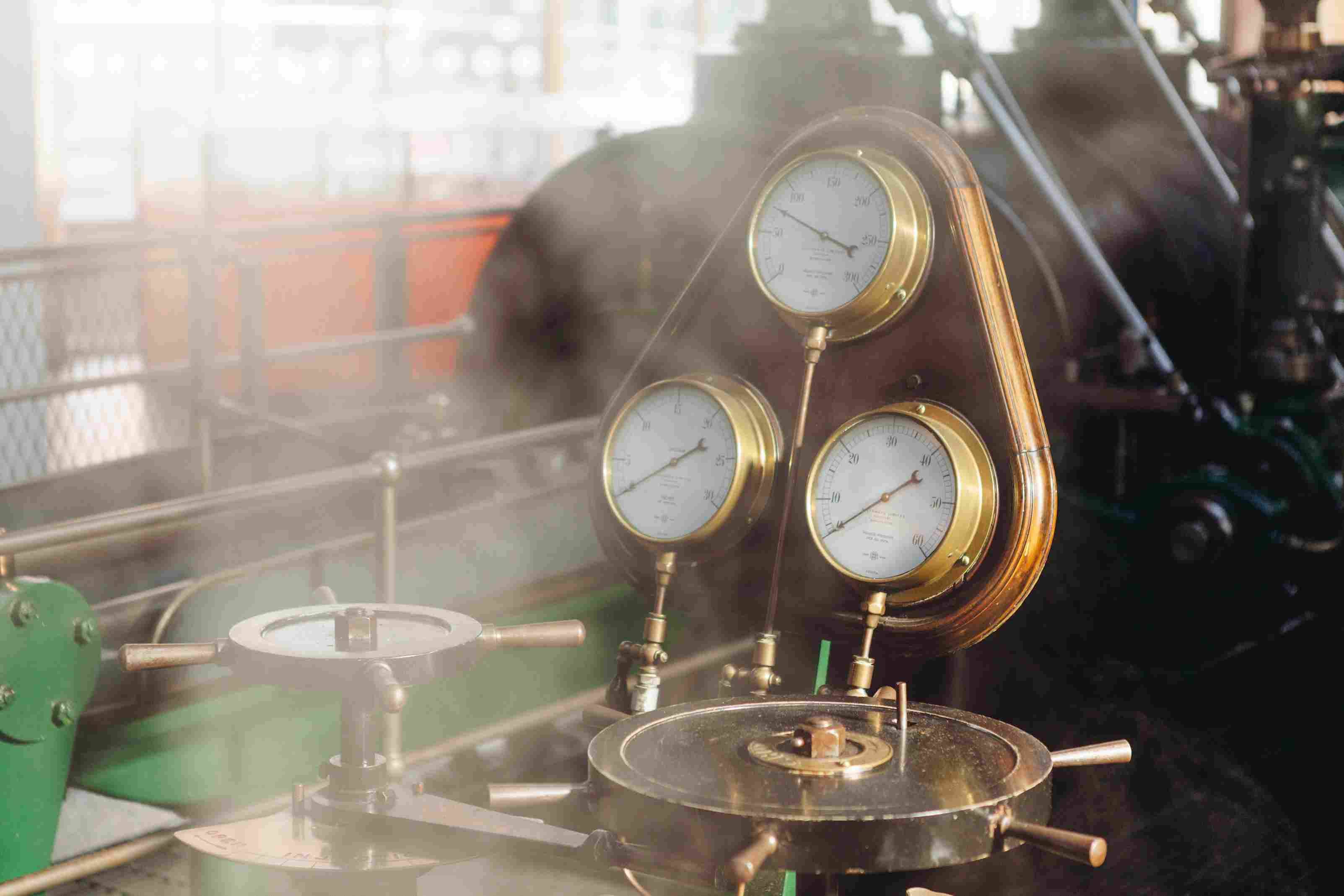The industrial heating of air and water can be expensive. But you can effectively heat both air and water for industrial applications without breaking the bank. In fact, energy experts at the U.S. Department of Energy (DOE) found that it is possible to save millions of dollars in industrial settings, such as energy-intensive manufacturing plants, simply by improving the energy efficiency of steam or process heating systems. To save money on the industrial heating of air and water, be sure to keep the following in mind.  Use proper furnace insulation techniques. Simply by properly insulating furnaces, a major industrial plant can potentially save 1 million MMBtu of natural gas per year, according to energy-efficiency specialists in the DOE Industrial Technologies Program (ITP). That translates into a monetary savings of close to $12 million annually, as well as annual carbon dioxide savings of 124,000 metric tons. Proper insulation of the furnace also prolongs operating life. How can you ensure that your furnace is properly insulated?
Use proper furnace insulation techniques. Simply by properly insulating furnaces, a major industrial plant can potentially save 1 million MMBtu of natural gas per year, according to energy-efficiency specialists in the DOE Industrial Technologies Program (ITP). That translates into a monetary savings of close to $12 million annually, as well as annual carbon dioxide savings of 124,000 metric tons. Proper insulation of the furnace also prolongs operating life. How can you ensure that your furnace is properly insulated?
• First, make sure to check heat transfer surfaces. Particularly for industrial process heating systems, making sure heat transfer surfaces are free from any kind of soot, scale, or oxide deposits will significantly improve system efficiency. Also, be sure to monitor conditions that could produce deposits on heat transfer surfaces, including low air to fuel ratios, poor fuel preparation, malfunctioning burners, and corrosive gases or constituents in the heating medium.
• Second, you will want to reduce air infiltration in furnaces. Air leakage into the furnace or leakage of flue gases from the furnace into the ambient air can occur via any kind of cracks or openings around the doors, joints, and hearth seals. Properly insulating your furnace means sealing up these small openings. Even the smallest crack can have an effect on efficiency, driving up your heating costs.
Keep insulating material from becoming wet. When insulating materials become wet, there can be a drop in voltage. Saturated or wet insulation elements lose their electrical insulation and subsequently leak voltage to the ground. As a result, this increases the overall current draw and decreases the efficiency of the furnace.
Reduce watt density. In order to maximize the performance and efficiency of a heater, it is advantageous to reduce watt density. When watt density is too high, it can cause localized overheating. If you are using a high watt density for viscous, poorly conductive, or unusually heavy fluids, you might want to consider using higher temperature protectors or de-rating heaters, as this will allow you to lower the watt density.
Choose an immersion heater. Immersion heaters offer a number of advantages, including energy efficiency. They boast an incredibly high thermal conductivity and, therefore, are significantly more efficient than other metallic and non-metallic heating elements. To save money on the industrial heating of air and water, an immersion heater is an excellent choice.
Ensure the heater guard is properly installed. Heater guards can be easily installed at the inlet or supply of any water heater, and they work to keep dirt, rust, silt, and sediment out of your water heater, ensuring that your water heater operates optimally, which saves and energy and prolongs the lifespan of your device. Proper installation of the heater guard ensures efficient heat transmission as well as improved temperature regulation.
Check the thermal conductivity of the medium being heated. The medium you are heating will significantly affect the efficiency of your heating operations. The higher the thermal conductivity of the medium, the easier it will be to heat it and the more efficient the operation will be. Always check the thermal conductivity of the medium being heated.
Ensure your water tank is properly insulated. Just like you need to properly insulate your furnace, you also need to properly insulate your water tank in order to maximize energy efficiency. Proper insulation can actually reduce standby heat losses by up to 45 percent, which translates into monetary savings of up to 9 percent on your heating bill.
Our eBook, the Design Process of Industrial Heating Systems, can give you additional insight into how industrial heating contirbutes to cost-effective operations measures within companies and organization. Click below to get a copy.
 Contact us today find the industrial heating solution that works with your budget and gets you the results you need.
Contact us today find the industrial heating solution that works with your budget and gets you the results you need.





